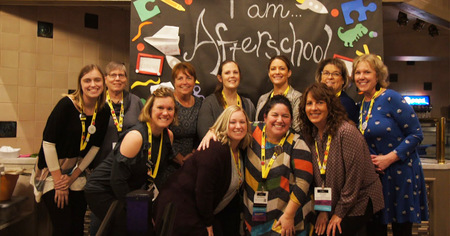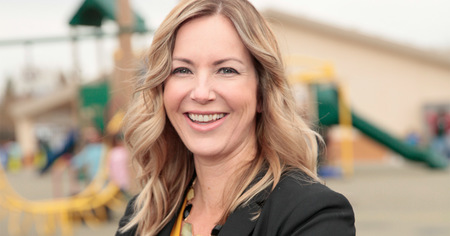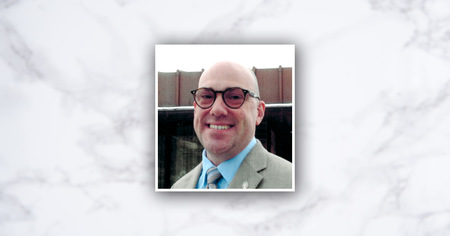A recent edwebinar, presented by Holly Pope, Ph.D., National Science Foundation Postdoctoral Research Fellow, and moderated by Lindsey Tropf, M.Ed., Founder & CEO of Immersed Games, addressed this topic from several angles.
As part of the webinar, participants were able to focus specifically on being an anti-racist educator and what that truly means. That meant starting with the definition of racism: A marriage of racist ideas and racist policies that produces and normalizes racial inequity.
"It's not enough to not hold racist ideas, you have to actively work against the policies that perpetuate the inequities," said Dr. Pope, noting that in order to do that, it's crucial that an anti-racist educator works under a few assumptions, which she attributes to the New York State Department of Education Culturally Responsive-Sustaining Framework:
- All children can and will learn and show what they've learned when given the proper opportunities.
- Racial policies and ideas exist that perpetuate racial inequality, and the educator's work must counteract them.
- No race, ethnicity, or culture is superior or inferior to another—just different, and should be respected and celebrated.
- Culture is a critical component of learning.
- Students and their families are humans with their own assets, knowledge, and abilities who should be valued and consulted.
- Critical and continuous self-reflection is required to dismantle systems of biases and inequities rooted in our country's history, culture, and institutions.
"Once you understand these basic assumptions, then you have a strong foundation to start your anti-racist work," said Dr. Pope. She went on to describe the framework more in-depth, starting with ongoing professional learning and support.
This can include diversity, equity and inclusion training, examining implicit bias, and interrogation of beliefs and assumptions, in addition to support in aligning curriculum and instruction to the histories, languages, and experiences of traditionally marginalized voices.
"Basically, you have to do the inner work, all of us—even BIPOC," said Dr. Pope. "All of us have internalized racism that we must actively work against."
Dr. Pope suggests forming a learning group with people you trust, as it can be a personal and eye-opening experience to examine your deeply held beliefs.
"Be careful not to overtax BIPOC colleagues and friends," said Dr. Pope. "It's natural for us, when we're exposed to new ideas, to go to the people who may have experienced it, but sometimes it becomes too much and overwhelming."
The inner work is a continuous process and takes more than just one workshop to deal with it. In 2021, NAA with be offering intensive professional learning communities (PLCs) to support members in this work.
To learn more and view the webinar in its entirety, click here, and stay tuned for more information about the 2021 PLCs.
Courtesy of NAA.
Photo by Allison Shelley for American Education: Images of Teachers and Students in Action.




